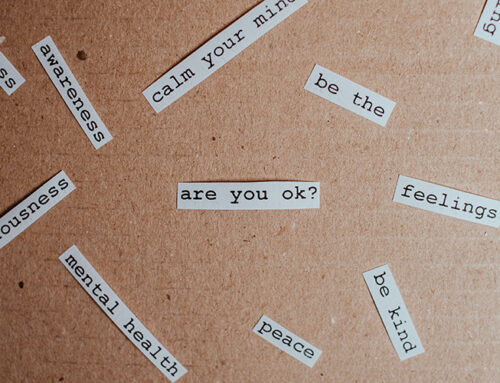Physical fitness is often depicted as heavy weightlifting or intense cardio to help make your body fitter. What is often ignored is the impact that physical fitness can have on one’s mental health and well-being. Strengthening the mind can be just as important as strengthening the physical body.
Physiologically, exercise enables the release of endorphins and serotonin. This increases feelings of well-being by uplifting one’s mood and relieving stress. It also promotes better sleep, so we are more energized during the day. There are several positive psychological effects as well such as, an increased sense of self-worth and social contact, as exercise can often be a shared activity with others. It gives a great sense of accomplishment when one’s fitness improves and goals are achieved.
Physical exercise enhances mental well-being as it brings self-awareness, confidence, cognitive enhancement, emotional changes, and tension relief. It alleviates symptoms of low and anxious mood and difficulty in concentration. It also has a great impact on improving memory. Regular physical activity improves muscle strength and boosts endurance. Exercise delivers oxygen and nutrients to tissues and helps the cardiovascular system work more efficiently. When heart and lung health improve, one feels more energetic throughout the day.
It is fair to say that any exercise is better than no exercise. The hardest part is actually getting started and keeping a consistent schedule. The ability to physically exercise and the level of intensity depends on factors like age, sex, and experience; thus, exercise must be individualized and customized to each person. It is not necessary or even recommended to jump right into the gym and start heavy weightlifting with no prior experience. Rather, figure out what type of exercise you prefer and do some due diligence on how to incorporate this into your daily schedule.
Start small and be kind to yourself as you get motivated. Make it a regular part of your daily routine. Indulge in something you may enjoy like walking, cycling, hiking, swimming, or running. Do it where it is convenient – outdoors or indoors. Outdoor exercise can be helpful if you enjoy the beauty of the scenery around you, while indoor exercise may provide some privacy and a time to get away from everything else.
Setting realistic goals and tracking progress will make every exercise session feel purposeful. To reap the benefits of exercise and be mentally well, start by staying active throughout your day through small steps like taking the stairs instead of the elevator or increasing your household chores. The magic is consistency. Once you do become consistent, the joy of exercising will make you look forward to your daily exercise and help you reap both physical and mental benefits.
 by Shivam Rangolia
by Shivam Rangolia
Shivam, a SAMHIN Volunteer, is a senior at Rutgers University studying Exercise Science. After playing sports, being physically active in the Army, and working out for several years, he has developed a passion for sports medicine and physical medicine and rehabilitation.
Feature image by chezbeate from Pixabay






